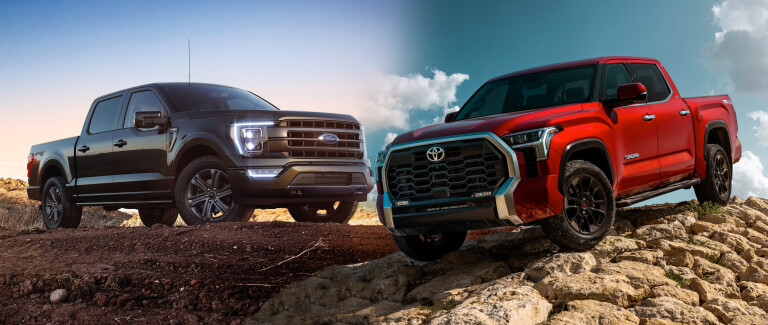
It’s an exciting time for lovers of larger four-wheel drive utes, with the recent announcements that we could expect to receive both the Ford F150 and Toyota Tundra in Australia in the near future.
Ford has officially confirmed the news, and even has an Australian-based webpage with some key features of the F-150 listed.
While Toyota hasn’t outright confirmed Australia will receive the Tundra, considering the fact they are developing a right-hand drive version, and the popularity of 4X4 utes in Australia, it’s a safe bet to assume it will be here as soon as 2024.
Ford has announced we can expect to see the F-150 in Australian showrooms next year, thanks to a partnership with Thai manufacturing company, RMA, offering the ute in right-hand drive for the Australian market.
Toyota is also outsourcing this process, and has teamed up with Australian firm Walkinshaw to manufacture the Tundra in right-hand drive.
Upgrade your Ranger
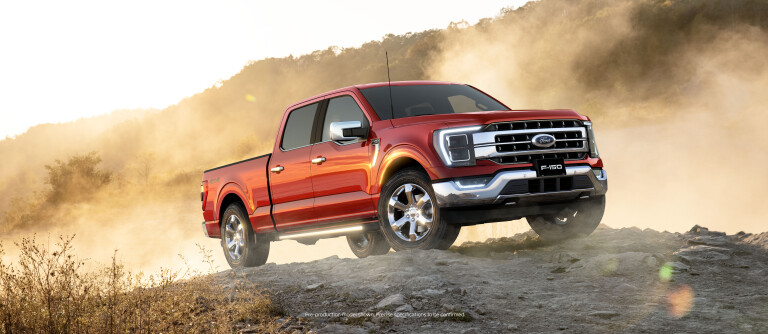
This makes plenty of sense, considering Walkinshaw Automotive Group’s track record of handling such procedures for vehicles such as the Chevrolet Silverado, and RAM range. For more information on the Tundra, you can read this article by Jez Spinks.
Parts used in producing the Tundra in right-hand drive will be largely borrowed from other vehicles Toyota already produces in this configuration. 300 Series LandCruiser brake pedal, gearshift lever, accelerator and steering column will be incorporated for example, keeping engineering costs down by using already established parts.
How do the Ford F-150 and Toyota Tundra compare for Australian buyers?
To answer that question, we've worked to break down the specs for each vehicle, to see if either offers a clear advantage over the other. A good old-fashioned specs battle, between the Ford F-150 and Toyota Tundra.
While it’s hard to know exactly what we will be seeing in the coming years, going from the US market, here are our findings for specifications on the Ford F-150 and Toyota Tundra.
Specifications overview
| FORD F-150 XLT | TOYOTA TUNDRA | |
|---|---|---|
| LENGTH | 5885mm | 5933mm |
| WIDTH | 2030mm | 2037mm |
| HEIGHT | 1961mm | 1981mm |
| WHEELBASE | 3683mm | 3701mm |
| KERB WEIGHT | 2200kg | 2726kg |
| PAYLOAD CAPACITY | 800kg (USA Figures) | 880kg (USA Figures) |
| TOWING CAPACITY | 4500kg | 3600-5443kg (USA Figures) |
| TRANSMISSION | 10-speed auto | 10-Speed auto |
| ENGINE | 3.5L V6 Petrol twin-turbo | 3.5L V6 Petrol twin-turbo hybrid |
| POWER | 298kW@6000rpm (USA Figures) | 326kW@5200rpm (USA Figures) |
| TORQUE | 678Nm@ 3100rpm (USA Figures) | 790Nm @2400rpm (USA Figures) |
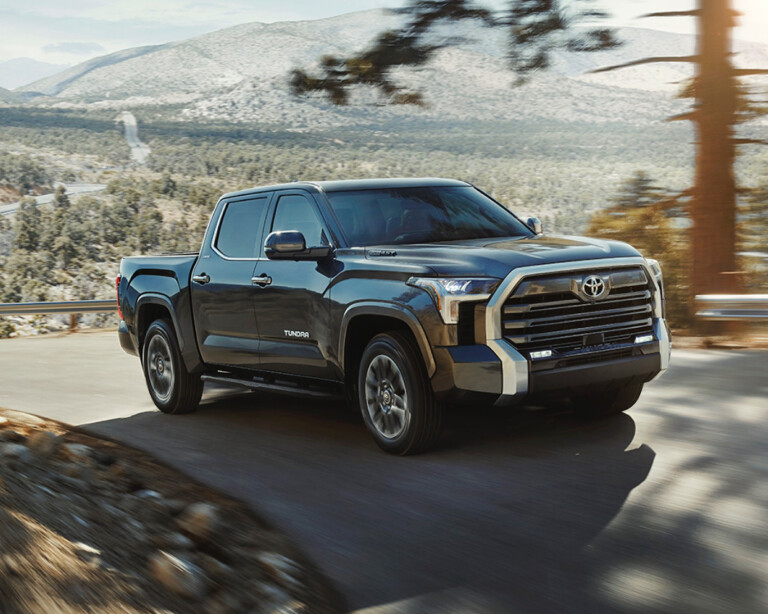
Longer, wider, taller
The Toyota Tundra seems to be a bigger vehicle all round, compared to the F-150.
The Tundra is 5933mm in length compared to the F-150 coming in at 5885mm. It is also wider by 7mm, coming in at 2037mm vs the Ford at 2030mm.
Height of the Tundra is 1981mm vs 1961mm for the Ford F-150, and the wheelbase of the Tundra is 3701mm vs 3683mm for the F-150.
While that all might see a bit trivial, keep in mind the average size of a garage or car space in Australia, and these figures become very important. Make no mistake, these are both large four-wheel-drive utes, and the Tundra is bigger than the F-150 across the board – and also considerably heavier, which is no doubt why it has more power than the F-150, as well as a hybrid engine.
| FORD F-150 XLT | TOYOTA TUNDRA | |
|---|---|---|
| LENGTH | 5885mm | 5933mm |
| WIDTH | 2030mm | 2037mm |
| HEIGHT | 1961mm | 1981mm |
| WHEELBASE | 3683mm | 3701mm |
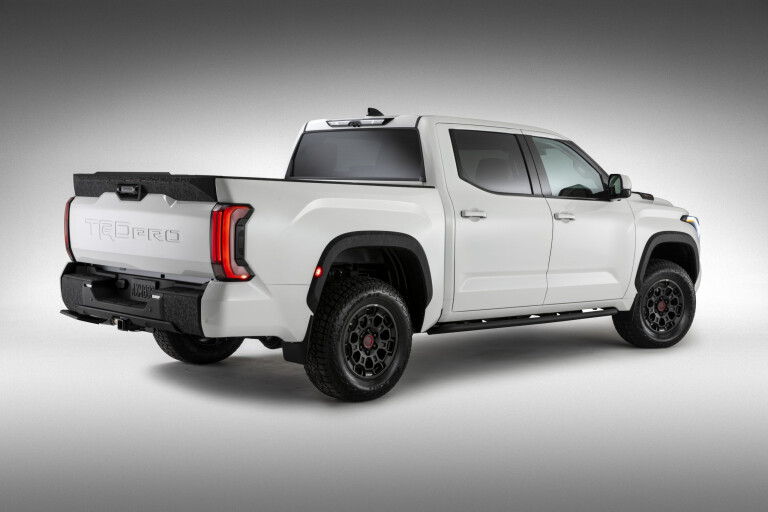
Engines and transmissions
Both vehicles will feature 10-speed automatic gearboxes, which is hardly surprising these days.
It’s not clear if they will both use the same transmission manufacturer, however we know there will be 10-speeds, with the option of a manual gearbox highly doubtful for Australia.
Engine-wise, both the Ford F-150 and Toyota Tundra will feature 3.5-litre V6 petrol engines, with twin-turbo chargers. While this makes them sound similar, the Tundra will come with a hybrid unit that produces 326kW and 790Nm of torque.
Being a hybrid, we can expect the Tundra will achieve better fuel consumption figures than the F-150, and we look forward to the opportunity to test that in the future.
The 3.5L Ecoboost motor in the F-150 produces 298kW and 678Nm of torque, which are impressive figures. However, the Tundra takes the win in terms of overall power figures with its hybrid offering.
| FORD F-150 XLT | TOYOTA TUNDRA | |
|---|---|---|
| ENGINE | 3.5L V6 Petrol twin-turbo | 3.5L V6 Petrol twin-turbo hybrid |
| POWER | 298kW@6000rpm (USA Figures) | 326kW@5200rpm (USA Figures) |
| TORQUE | 678Nm@ 3100rpm (USA Figures) | 790Nm @2400rpm (USA Figures) |
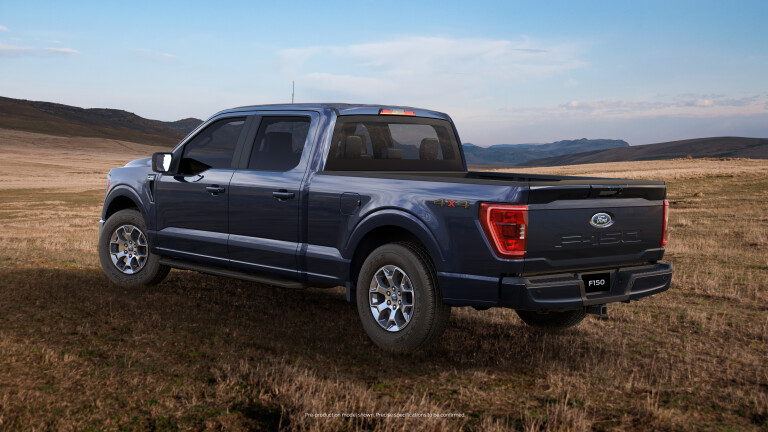
Towing and payload
Ford Australia has confirmed the F-150 will have a 4500kg towing capacity, which is a real boon for those with larger caravans.
No payload capacity has been listed on the Australian website for the F-150, however if we look to the States, a payload of 800kg is mentioned, so it’s safe to say we’d be looking at a figure close to that number.
The Tundra is listed in US Spec with a payload figure of 880kg, an 80kg increase over the F-150.
While that might not sound like much, it’s the combined weight of an electric winch and steel bull bar (for example), which many Australian customers would be sourcing and fitting from the aftermarket industry.
Towing capacities listed for the US Spec Tundra range from 3600kg to 5443kg, which is utterly impressive on paper.
| FORD F-150 XLT | TOYOTA TUNDRA | |
|---|---|---|
| KERB WEIGHT | 2200kg | 2726kg |
| PAYLOAD CAPACITY | 800kg (USA Figures) | 880kg (USA Figures) |
| TOWING CAPACITY | 4500kg | 3600-5443kg (USA Figures) |
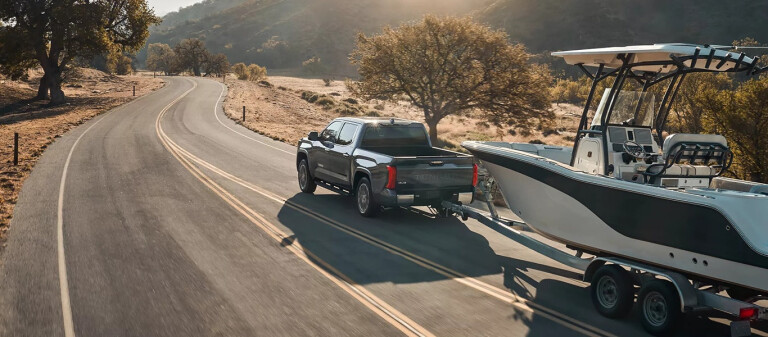
Pricing
It’s too early to speculate on pricing on both of these vehicles, but a starting price well beyond $100,000 will be likely. As a point of comparison, the 2023 Chevrolet Silverado 1500 is priced from $121,000 in Australia.
We will update this article as more information becomes available.


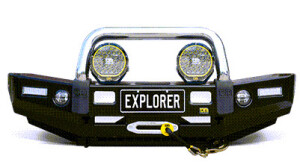
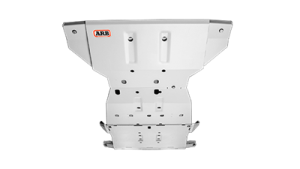
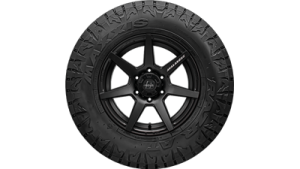
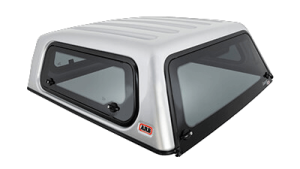
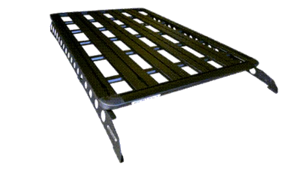
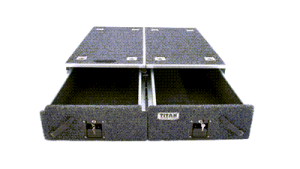
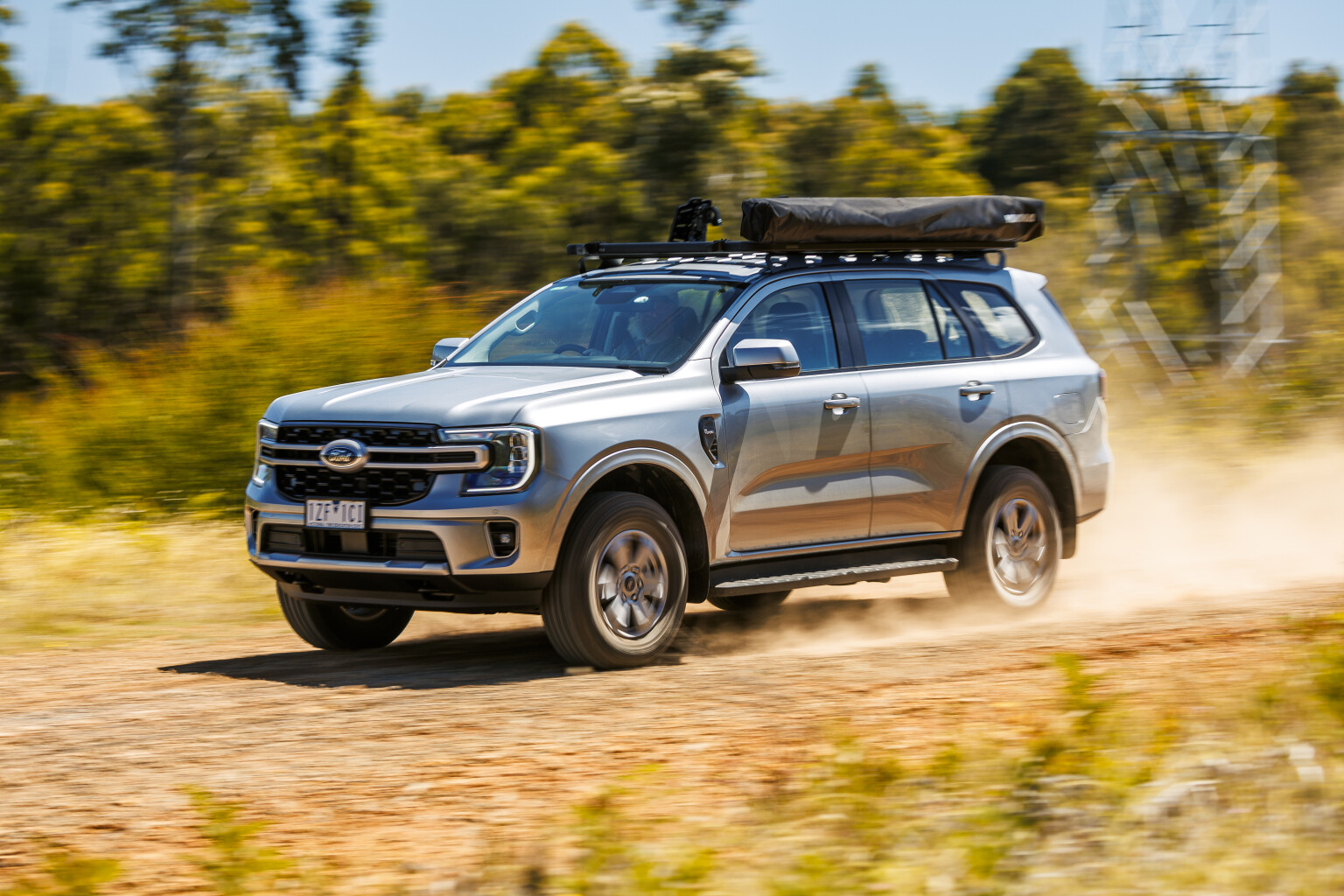
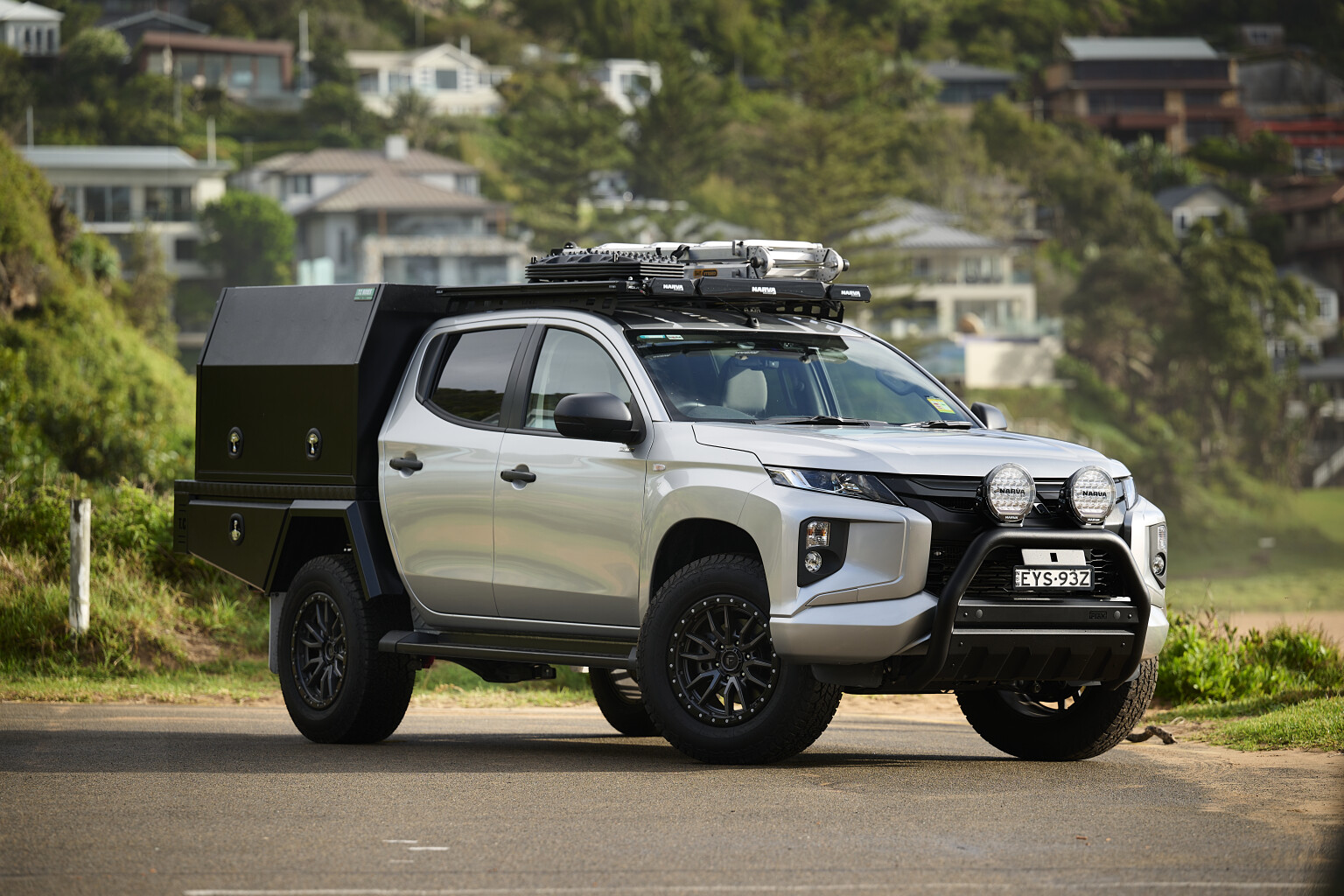
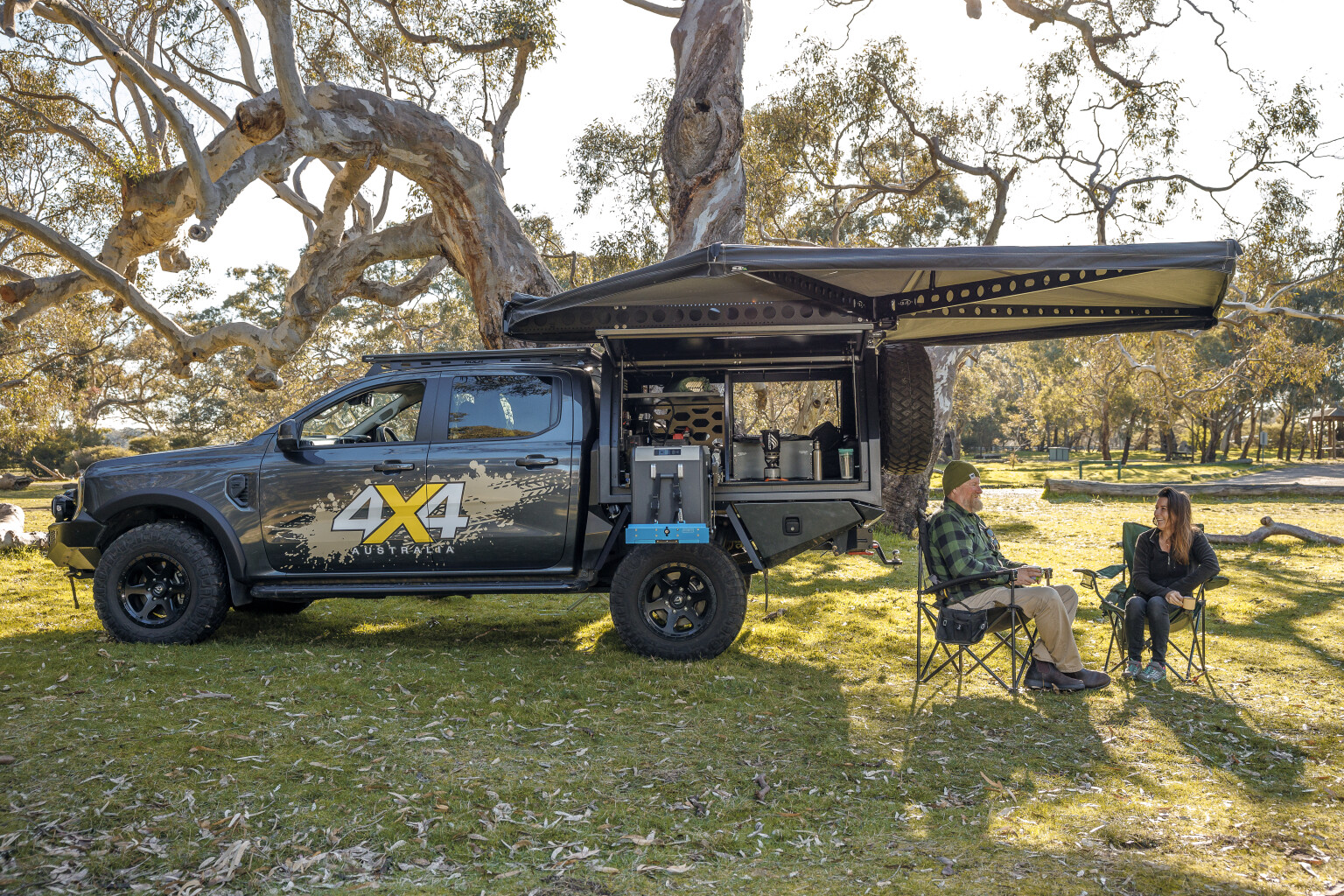
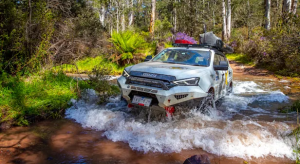
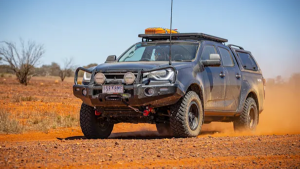
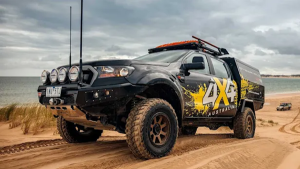

COMMENTS